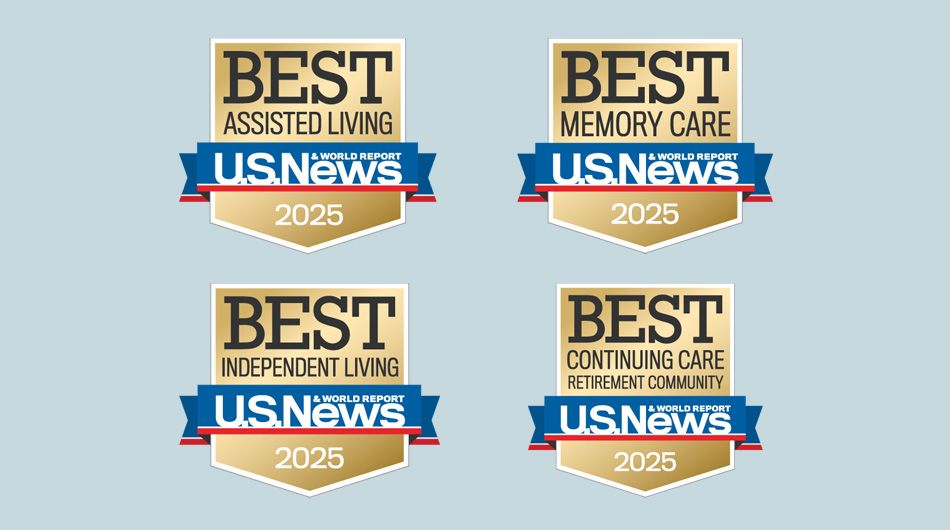The benefit of having a strong relationship between nurse and nursing assistant is priceless. From professional caregivers to certified nursing assistants, the nurse’s relationship with these key staff members can impact overall job satisfaction and the quality of care clients and patients receive.
It is often said that the backbone of any healthcare organization is its nursing workforce.
Last month, the nation celebrated “Nurses Week.” The week was marked by messages of praise from administrators and peers, testimonials from clients and patients, and a long list of well-deserved freebies for nurses to enjoy.
Nurses are seen as the “face” of the organization, responsible for being the first to assess, support, and report a client’s condition to the medical team. Their extensive training and expertise prepare them for this responsibility. The annual Gallup poll has named them the #1 most trusted profession for the 20th year in a row, eclipsing medical doctors by 14 points.
The Nurse-Nursing Assistant Relationship: A Priceless Partnership
Some nurses take a supervisory role in homecare, supporting and coordinating various client-facing job functions, making them as important to the staff they support as they are to the clients in their care. From professional caregivers to certified nursing assistants, the nurse’s relationship with these key staff members can impact overall job satisfaction and the quality of care clients and patients receive.
The client suffers when these teams are at odds, as does the home care agency. Communication breakdowns lead to mistakes, resentment, and diminished confidence in their assigned roles.
It is important to remember that nursing assistants and caregivers depend on the expertise and guidance of nurse supervisors to manage their caseloads and to resolve any issues that arise during their shifts. Nurses rely on the nursing assistant and caregiver’s strong client relationship and keen observation skills to provide effective guidance and report to the medical team.
The benefit of having a strong relationship between nurse and nursing assistant is therefore priceless.
In the most recent Activated Insights Benchmarking Report, the turnover rate for professional caregiver staff was 64%. With caregiver shortages topping the list of what agency owners consider a threat to their business in 2022, recruitment and retention is on everyone’s mind.
So, what makes caregivers and nursing assistants quit? In 2021, The Pew Research Center reported that 57% of employees who quit their job did so because they felt disrespected, while 63% quit because of a lack of opportunities for advancement.
The National Association for Homecare and Hospice recognizes that we are in a turnover crisis, which means it is increasingly important to recognize opportunities to retain critical staff members through competitive pay, thorough training investment, and by creating an exceptional employment experience for caregivers. Creating and supporting an enriching relationship between nursing staff and nursing assistant staff is a fantastic way to retain caregivers and create opportunities for advancement.
Let’s look at some common barriers to a solid nurse-nursing assistant relationship and ways that we can support the relationship between these two critical roles at your organization.
Supporting Your Nursing Assistants
Nursing assistants, home health aides, and caregivers have a tough job that requires patience, therapeutic communication skills, and physical stamina. Patients and clients experiencing acute or chronic pain can be challenging to work with, and the hours can be long and arduous.
Having a solid relationship with a supervising nurse is critical to a successful shift, but these common barriers can become stumbling blocks for any agency:
The good news is that your supervising nurses can help address these challenges while also increasing their job satisfaction, and it doesn’t have to cost you (or them) a thing.
Nurses and nursing assistants are equally critical to the success of any medical establishment. They both have rewarding yet challenging responsibilities that require strong communication and mutual respect. These essential qualities must persevere through adversity.
By promoting positive and supportive collaboration between the nurse and nursing assistant, you set your agency, patients, and clients up for extraordinary success. It will set your agency apart from the career competition, and it will create a collaborative atmosphere that any patient or client would benefit from today!
Would you like to learn more? Check out our courses CNAs on the Job and The CNA/Nurse Relationship. Be on the lookout for a refreshed Nurse-Caregiver relationship course this year!
Learn more:
Related Posts







